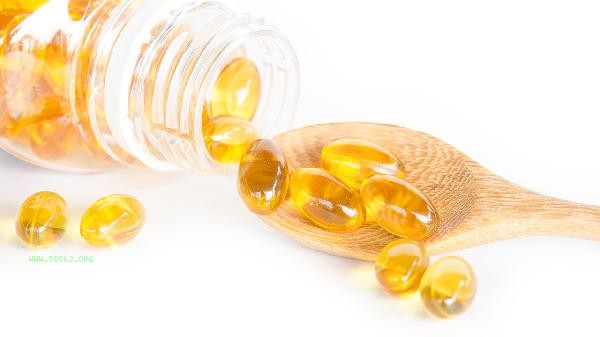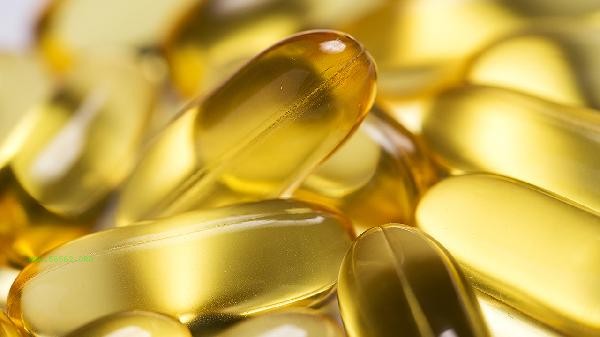Algae oil DHA and fish oil DHA each have their own advantages, and the choice should be based on individual needs and constitution. Algae oil DHA is more suitable for vegetarians, people with fish allergies, and pregnant women, while fish oil DHA is more suitable for adults who need to supplement EPA at the same time.

Algae oil DHA is directly extracted from marine microalgae, without fish allergens, and the production process is more environmentally friendly. Its DHA purity is high, making it suitable for fish allergies or herbivores. Algae oil DHA does not contain EPA, making it more suitable for pregnant women and infants to avoid the potential impact of excessive EPA on fetal development. The process of algae cultivation is controllable, with lower risk of heavy metal pollution and more secure safety. The absorption rate of algal oil DHA is comparable to fish oil, but the price is usually higher.

Fish oil DHA is extracted from deep-sea fish fat and contains both EPA and DHA, making it suitable for adults to maintain cardiovascular health. EPA has anti-inflammatory effects and is beneficial for improving blood lipids and joint health. The wide availability of DHA sources in fish oil results in lower costs, but there may be a risk of heavy metal accumulation, requiring the selection of products that have undergone strict purification. Some people may be sensitive to the fishy smell of fish oil and can choose products with enteric coating or added seasonings. The vitamins A and D in fish oil may provide additional benefits to specific populations.

It is recommended to choose DHA sources based on one's own health condition and dietary preferences. Women preparing for pregnancy or during pregnancy should prioritize algae oil DHA, while middle-aged and elderly individuals can use fish oil DHA to assist in cardiovascular and cerebrovascular health. Regardless of the type of supplement chosen, it is important to note that the daily intake should not exceed the safe upper limit. Before long-term use, it is recommended to consult a nutritionist or consume natural DHA from foods such as deep-sea fish, seaweed, and flaxseed in the daily diet. Supplements can also provide better results.








Comments (0)
Leave a Comment
No comments yet
Be the first to share your thoughts!